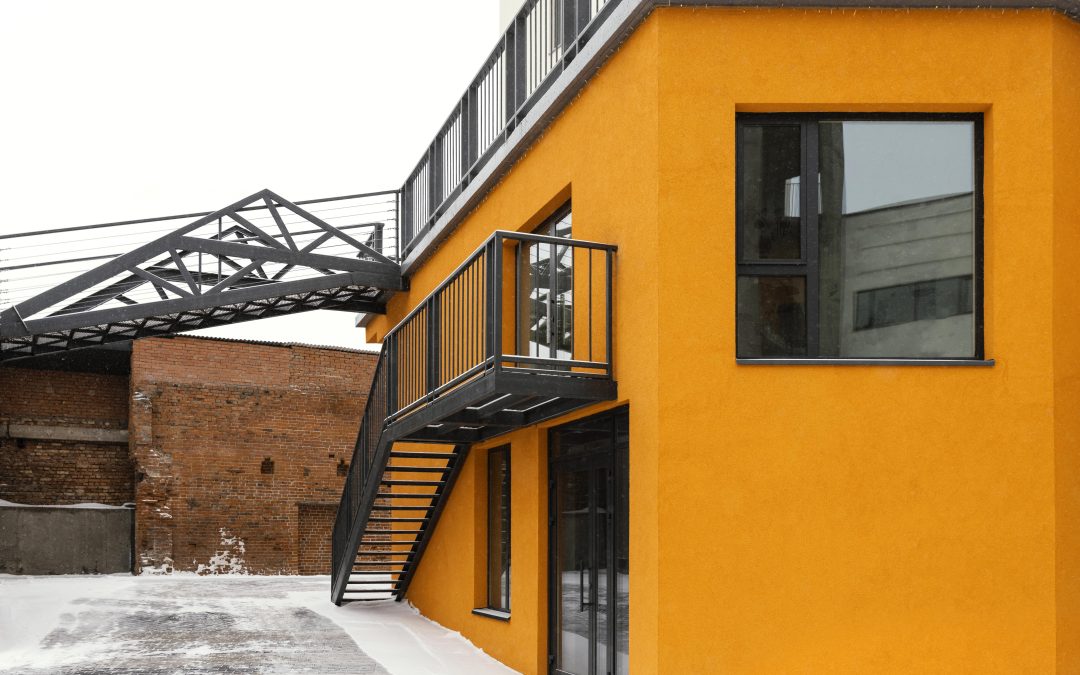Using Modular construction is gaining popularity in the construction industry for its numerous benefits and advantages. Unlike traditional construction methods, which involve building structures on-site, modular construction involves the fabrication of individual building modules in a controlled factory setting. These modules are then transported to the construction site for assembly.
Here are some of the key benefits of using modular construction:
Speed and Efficiency
Since the building modules are prefabricated off-site, construction can proceed concurrently at the site and in the factory. This significantly reduces construction time and allows for quicker project completion. The controlled factory environment also minimizes delays due to weather conditions or other external factors.
Cost Savings
The streamlined production process and reduced construction time translate into lower labor costs. Additionally, the use of standardized building modules and materials helps in optimizing procurement and reducing waste.
Overall, modular construction offers a cost-effective solution for various building projects.
Quality Control
Each building module is constructed in a factory setting under strict quality control measures. This ensures consistent quality throughout the construction process. The modules are manufactured to meet industry standards and undergo rigorous inspections and testing. This results in a higher level of craftsmanship and reduces the likelihood of errors or defects.
Flexibility and Customization
Using Modular construction offers flexibility and customization options. The building modules can be designed and configured to meet specific project requirements. They can be easily modified or expanded if needed, allowing for future flexibility and adaptability. This is particularly beneficial for projects that require scalability or may undergo changes over time.
Sustainability
It is considered a more sustainable construction method compared to traditional construction. The controlled factory environment allows for efficient use of materials, reduced waste generation, and improved recycling practices. Additionally, the construction process generates fewer site disturbances and minimizes the carbon footprint associated with transportation and logistics.
Reduced Disruption
Since modular construction involves minimal on-site construction activities, it helps reduce disruption to the surrounding environment and nearby communities. This is particularly advantageous in densely populated areas or locations with strict noise or traffic regulations. The controlled factory setting also mitigates disturbances caused by construction activities such as dust, noise, and debris.
Using Modular construction offers several benefits that make it an attractive option for various building projects. From time and cost savings to improved quality control and sustainability, modular construction provides a reliable and efficient solution for meeting construction needs.
As the construction industry continues to evolve, using modular construction is expected to play a significant role in shaping the future of building design and construction practices.

